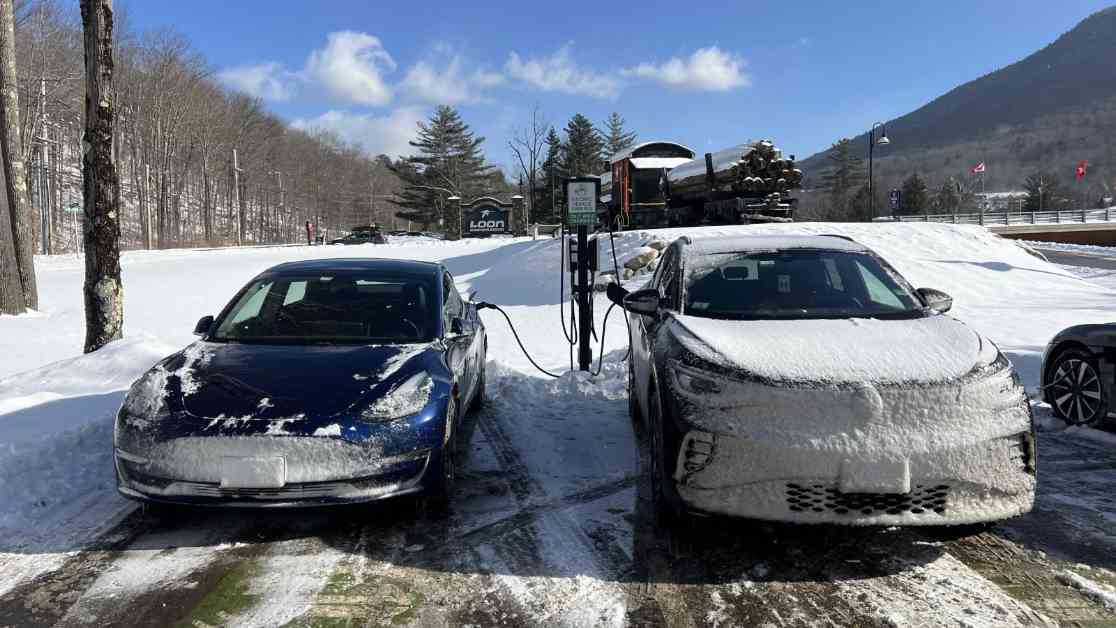Charging Up: The Push for EV Infrastructure in Rural New England
For Charyl Reardon, a resident of New Hampshire’s Lincoln Woodstock community, powering up her electric vehicle (EV) involves embarking on a 65-mile journey to the capital city of Concord, a trek necessitated by the dearth of public charging stations in the rural expanses of the White Mountains. The region’s EV infrastructure pales in comparison to other parts of New England, leaving drivers like Reardon to navigate the sparse availability of fast chargers, a situation that underscores the pressing need for expanded EV infrastructure in the state.
A Slow Charge: The State of EV Infrastructure in New Hampshire
In rural areas like the White Mountains, EV charging stations are few and far between, with businesses and municipalities recognizing the urgency of bolstering the state’s public charging network. However, recent developments have thrown a wrench into these efforts. On February 6, 2025, the Federal Highway Administration’s memo suspending the National Electric Vehicle Infrastructure (NEVI) program—a crucial source of funding for public EV infrastructure projects—has cast a shadow of uncertainty over the future of EV charging expansion in New Hampshire.
Challenges and Consequences: The Economic Impact of Lagging EV Infrastructure
The repercussions of New Hampshire’s lag in public EV infrastructure development extend beyond the inconvenience faced by drivers like Reardon. A study conducted by Clean Energy NH and Ski NH revealed that the state stands to lose over $1.4 billion in tourism revenue by 2031 due to inadequate EV infrastructure. With neighboring states like Vermont and Maine surging ahead in EV adoption and infrastructure deployment, New Hampshire risks falling behind in the regional tourism market, imperiling its economic prospects.
Navigating Uncertainty: The Road Ahead for EV Infrastructure
As states grapple with the fallout of the Federal Highway Administration’s memo, the fate of public EV infrastructure hangs in the balance. While New Hampshire presses on with phase one NEVI sites, the cloud of uncertainty looms over the potential funding for phase two projects, creating hurdles for the state’s efforts to bolster its charging network. With looming challenges and legal battles on the horizon, the path to a robust EV infrastructure in rural New England remains fraught with obstacles.
In Conclusion, the push for expanded EV infrastructure in rural New England underscores the critical need for states to ramp up efforts to meet the surging demand for public charging stations. As drivers like Charyl Reardon navigate the challenges of limited EV infrastructure, the stakes are high for New Hampshire and its neighbors to bridge the gap and pave the way for a sustainable, electrified future.














